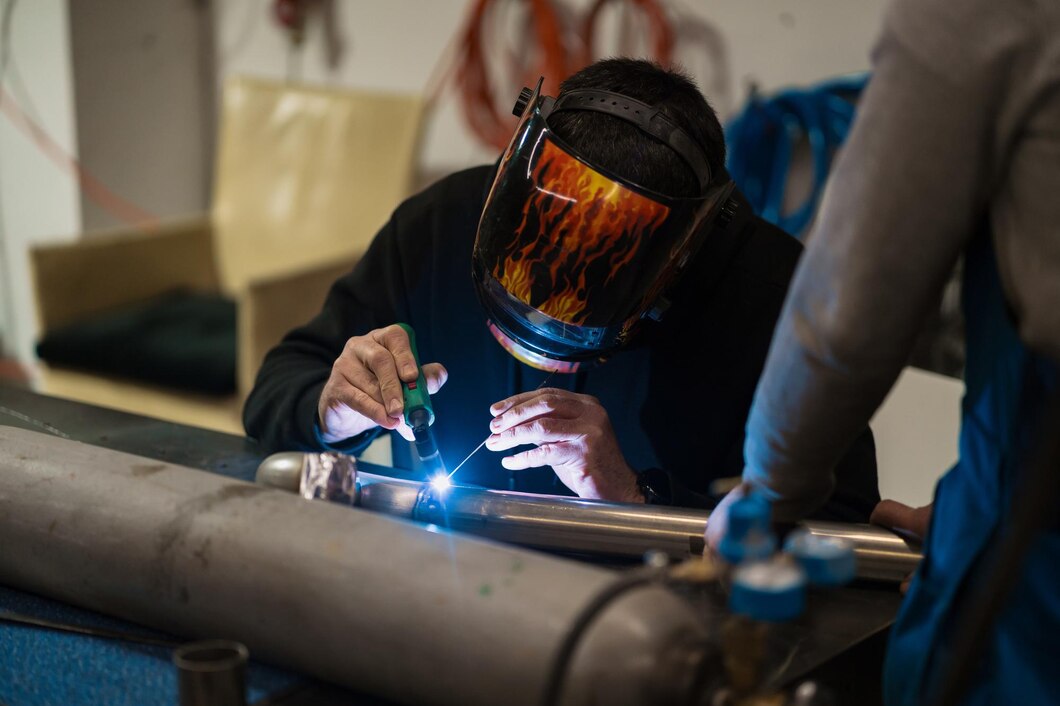Jobs that involve heavy machinery are the riskiest and have among the highest rates of injuries. A survey shows that people who work around heavy equipment face 21% of workplace-related injuries.
Whether constructors or heavy equipment operators, these employees have high risks of encountering fatal accidents in their places of work. However, these tips can help reduce the number of inures or eliminate them.
Put On Safety Gear
This is one of the most important things workers can do to reduce or eliminate accidents around heavy equipment. Workers should always have their safety equipment, like helmets and men’s and women’s safety boots, whenever they are around heavy machinery.
They should also have their seatbelt on anytime they operate the machinery, even just for a short time. Accidents could happen anytime and fast, and without a seatbelt, the worker could be thrown out of the equipment or fall off.
Perform Frequent Inspections
The law requires that workers inspect their machinery routinely, but for extra safety, they should do that daily after finishing the operations and before starting up the machines. That way, they will identify any problems early and fix them.
Communicate Openly
Communication is vital in all workplaces to ensure coordination among all workers. When working around heavy equipment, communication ensures that all employees know what is going on, which machines are at work, and where they are.
That reduces or eliminates the chances of a worker being at the wrong location. If the workers can see each other, then they use body language or certain signs to communicate.
However, if they are working on a large field and can’t see each other, the best way to communicate is by using a two-way radio. Workers should always ask for clarifications because the workplace will be noisy most of the time, and they shouldn’t assume they understood what their partner said.
Watch Your Surroundings
Anytime workers aerating or working around heavy machinery, they should always know what is around them. There could be objects along the way like rocks or power cables or workers around the heavy machinery.
People operating or driving heavy machinery should never assume that fellow workers know when to move or that the path is clear.
Understand What’s Underground
Workers operating drilling or digging equipment should know the area well and ensure there are no underground dangers.
Before digging or drilling, workers should contact their local utility notification center to identify if there are any utility lines like water, electric cables, or sewage pipes under where they are working.
Understand Load Limits
Pushing heavy equipment to their limit could not only cause their failure but could result in serious injury to the operator and other workers nearby. Workers should always know the load limit of the equipment they are operating and always have it working under the limit.
For construction workers especially, there is usually a lot of pressure to complete the job fast. However, having a heavier load could cause their equipment to tip over, injuring them and others around the site.
Always Double Check The Equipment
It might seem obvious that workers check to ensure that the equipment is off before walking away, but sometimes, due to pressure or tiredness, they might forget. It is always important that workers ensure the equipment is not still running or idle.
That way, there will be no chances of the equipment rolling away and injuring people. Anytime a worker thinks they heard a machine running, they should always confirm that there is someone in it or if it’s running, and if yes, turn it off.
Watch Overhead
For workers operating tall equipment, they should always ensure that their patch of operation is safe for them and there are no overhead hazards.
Things like metal rods, power lines, and other overhead structures could be dangerous for the worker and other people on the same route.
Heavy machinery operators also need to understand that conducting regular maintenance to their machinery is important. They should also ensure that they are well-rested and relaxed before operating any heavy equipment.




